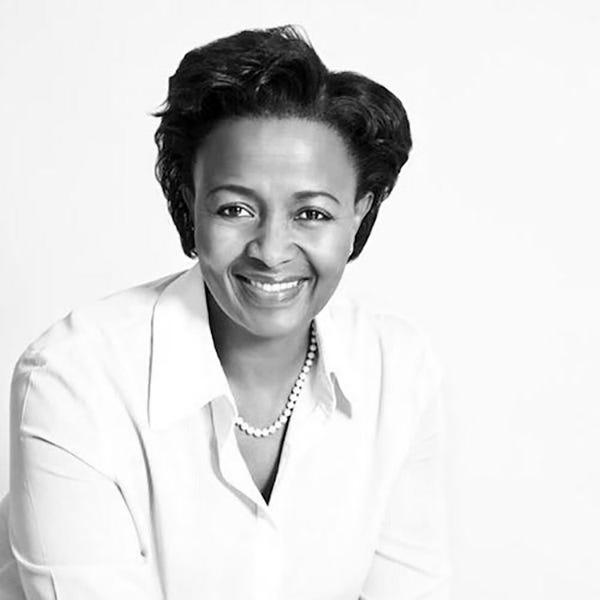2018
The role of social entrepreneurship in solving Africa’s challenges
Many of Africa’s chronic challenges have historically been addressed with aid. With the rise of technology and social entrepreneurship, however, the time has come for us to take responsibility for solving our own problems.
By Wendy Luhabe | Social entrepreneur, champion of women’s economic empowerment
Many of Africa’s chronic challenges have historically been addressed with aid. With the rise of technology and social entrepreneurship, however, the time has come for us to take responsibility for solving our own problems.
Many of Africa’s challenges can be turned into opportunities with the help of social enterprises. In fact, in the last few years we have seen a number of social enterprises doing just that. They are using market disruption and innovation to create opportunities in health, education, financial inclusion, mobile savings and economic empowerment of women, among others.
Young people across the continent are creating their own future using the power of social entrepreneurship. And to make the most out of this power, I believe we need to channel it into three key areas: ethical leadership, education and technology.
Creating ethical leaders
One of Africa’s main challenges has been poor leadership and corruption. Social entrepreneurship is creating a new generation of ethical leaders who are passionate and committed to transforming their communities and building new economies. These leaders recognize that it’s their responsibility to find solutions, not the government’s. Social entrepreneurship is transferring the power back into people’s hands and is transforming regular citizens into the kind of leaders our continent needs.
Disrupting education
Social entrepreneurship gives young people the ability to become excellent problem solvers. In less that 6000 days, Africa will have one billion young people looking for employment and we don’t have the luxury of time to equip them with skills needed for gainful employment. By educating 3 million young people to become problem solvers, we can provide solutions to Africa’s challenges with water and energy provision, agricultural prospects, artificial intelligence etc. The only challenge is to give these young people the kind of education that provides actual skills, not just knowledge. As a continent, we should focus on vocational skills to enable young people to start their own social enterprises.
Technological advancements
Twenty-five years ago, when mobile telephony was launched in Africa, we successfully achieved a quantum leap in communications. Africa multiplied its 2 million landlines in the early 90’s to more than 600 million mobile lines today, enabling access for rural and urban people alike. This capability has opened up markets for people who were previously excluded from the marketplace. Technology provides us with tools to extend the access to opportunities and to have a seat at the table. Social entrepreneurship is able to bring and encourage these technological advancements to the continent.
The world is a different place today than it was when I was growing up on the continent. Many of the industries we know today will not exist in the future, at least not as the monopolies we have become accustomed to. Young people are not as easily captured by consumption as our generation was. As traditional services become unaffordable, shared economy is gaining traction. Even though these developments have both advantages and challenges, at the very least they are leveling the playing field between nations, economies and generations.
As the world is rapidly changing, it is our duty to equip young people to find meaning, live purposefully and solve the most pressing issues of today and tomorrow. And what better way to do that than by harnessing the power of social entrepreneurship?

ABOUT THE AUTHOR :
WENDY LUHABE
Wendy Luhabe is a social entrepreneur with a focus on women’s economic empowerment. She has chaired and served on a number of diverse boards in South Africa and overseas, including becoming the founding chair of South Africa’s International Marketing Council founded by President Mbeki. She is also the author of Defining Moments. You can follow her on Twitter and LinkedIn.